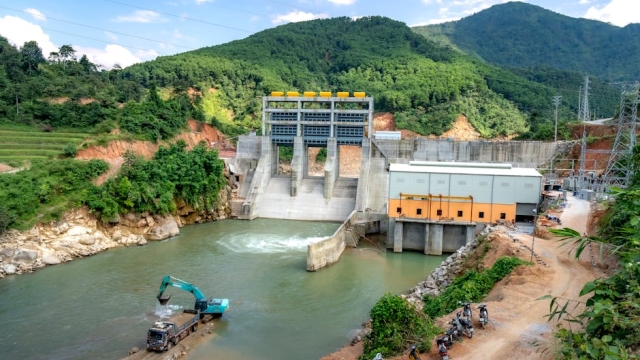Offshore project logistics plays a crucial role in the efficient management and execution of projects in the offshore wind industry. As global demand for renewable energy continues to rise, the need for effective logistics solutions becomes increasingly important. The complexities involved in transporting materials, managing sites, and ensuring the welfare of personnel require a well-coordinated approach. This article delves into the key components of offshore project logistics, the transportation solutions utilized in offshore wind projects, and the essential site management and welfare solutions that contribute to the overall success of these ventures.
Understanding Offshore Project Logistics: Key Components and Challenges
Offshore project logistics encompasses a wide range of activities, all aimed at ensuring that materials and personnel are effectively transported and managed throughout the lifecycle of an offshore project. The key components of this field include transportation systems, site management, and welfare services. Each of these components must work seamlessly together to mitigate risks and enhance operational efficiency.
One of the primary challenges in offshore project logistics is the unpredictable nature of marine environments. Weather conditions can significantly impact transportation schedules, making it vital to have contingency plans in place. Additionally, logistical operations must comply with various regulatory requirements, which can vary by region. Understanding these challenges is essential for developing robust logistics strategies that can adapt to changing circumstances.
Transportation Solutions for Offshore Wind Projects
Transportation is a foundational element of offshore project logistics, particularly in the context of wind energy. The movement of large components, such as turbines and blades, requires specialized vessels and equipment. Heavy lift ships, barges, and crew transfer vessels are commonly employed for these tasks. To maximize efficiency, meticulous planning is necessary to coordinate the timing and routing of shipments.
Moreover, the integration of advanced tracking systems allows for real-time monitoring of cargo and personnel. This technology not only enhances safety but also enables rapid response to any issues that may arise during transportation. By employing a combination of specialized vessels and technology, operators can significantly reduce the risks associated with offshore transport, ensuring that projects remain on schedule.
Site Management and Welfare Solutions in Offshore Logistics
Effective site management is another critical aspect of offshore project logistics. This involves overseeing the setup and maintenance of operational sites, ensuring that all necessary infrastructure is in place to support project activities. Factors such as equipment storage, safety protocols, and access to utilities must be carefully managed to create a conducive working environment.
Welfare solutions are equally important in this context. Providing adequate facilities for personnel, including sleeping quarters, dining areas, and leisure spaces, is essential for maintaining workforce morale and productivity. One innovative approach to welfare in offshore projects is the use of mobile welfare units, which can be deployed to provide essential services in remote locations. These units ensure that workers have access to necessary amenities, thus supporting their well-being during extended periods offshore. Learn more about these solutions here.
Conclusion: Challenges and Solutions in Offshore Project Logistics
In conclusion, offshore project logistics is a multifaceted field that demands careful planning and execution. The challenges associated with transportation, site management, and personnel welfare can be significant, but with the right strategies in place, these challenges can be effectively managed. Engaging expert services can provide valuable insights and resources, ensuring that projects are completed safely and efficiently. By prioritizing robust logistics solutions, stakeholders can contribute to the success of offshore wind projects and the broader goal of expanding renewable energy sources.





